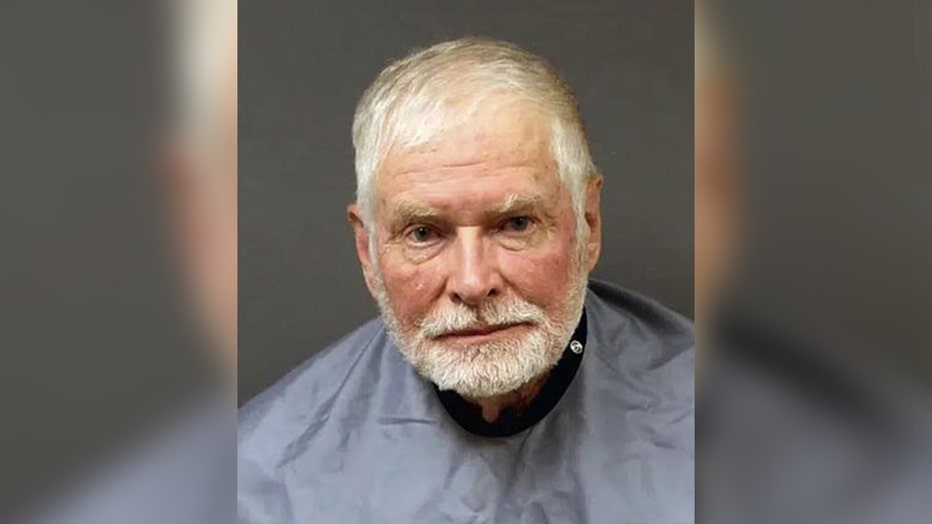George Kelly trial: Jury resumes deliberations in case of Arizona border rancher accused of killing migrant
PHOENIX - UPDATE: On Monday afternoon, the judge declared a mistrial. Click here to read more on this update.
--
A jury in southern Arizona is still deliberating in the trial of a rancher charged with fatally shooting an unarmed migrant on his property near the U.S.-Mexico border.
Judge Thomas Fink sent jurors home for the weekend after they failed to reach a verdict Friday. They will resume deliberations in court Monday morning.
The jury got the case Thursday afternoon after a nearly one-month trial in a presidential election year that has drawn widespread interest in border security. George Alan Kelly, 75, is charged with second-degree murder in the January 30, 2023, shooting of Gabriel Cuen-Buitimea.
Cuen-Buitimea, 48, lived just south of the border in Nogales, Mexico. Court records show Cuen-Buitimea had previously entered the U.S. illegally several times and was deported, most recently in 2016.

George Kelly murder trial goes to jury
The trial of a southern Arizona rancher charged with fatally shooting an unarmed migrant on his property near the U.S.-Mexico border went to the jury Thursday.
Some on the political right have supported the rancher as anti-migrant rhetoric and presidential campaigning heat up.
Prosecutor Mike Jette said Kelly recklessly fired nine shots from an AK-47 rifle toward a group of men, including Cuen-Buitimea, about 100 yards (90 meters) away on his property.
Kelly said he fired warning shots in the air, but he didn’t shoot directly at anyone.
Jette said Cuen-Buitimea suffered three broken ribs and a severed aorta. His unarmed body was found 115 yards (105 meters) away from Kelly’s ranch house.
Although investigators found nine spent bullet casings from Kelly’s AK-47 on the home’s patio, the bullet that killed Cuen-Buitimea was never recovered.
Jette encouraged jurors to find Kelly guilty of reckless manslaughter or negligent homicide if they can’t convict him on the murder charge. A second-degree murder conviction would bring a minimum prison sentence of 10 years.

George Alan Kelly
Jette, a Santa Cruz deputy county attorney, pointed out contradictions in Kelly’s early statements to law enforcement, saying variously that he had seen five or 15 men on the ranch. According to testimony during the trial, Kelly also first told Border Patrol agents that the migrants were too far away for him to see if they had guns, but later told a county sheriff’s detective that the men were running with firearms.
Defense attorney Brenna Larkin urged jurors to find Kelly not guilty, saying in her closing argument that Kelly "was in a life or death situation."
"He was confronted with a threat right outside his home," Larkin said. "He would have been absolutely justified to use deadly force, but he did not."
No one else in the group was injured, and they all made it back to Mexico.
Kelly’s wife, Wanda, testified that the day of the shooting she had seen two men with rifles and backpacks pass by the ranch house. But her husband reported hearing a gunshot, and she said she did not.
Also testifying was Daniel Ramirez, a Honduran man living in Mexico, who said he had gone with Cuen-Buitimea to the U.S. that day to seek work and was with him when he was shot. Ramirez described Cuen-Buitimea grabbing his chest and falling forward.
The trial that started March 22 included jurors visiting Kelly’s nearly 170-acre (69-hectare) cattle ranch outside Nogales.
Kelly was also charged with aggravated assault. He earlier rejected a deal that would have reduced the charge to one count of negligent homicide if he pleaded guilty.


